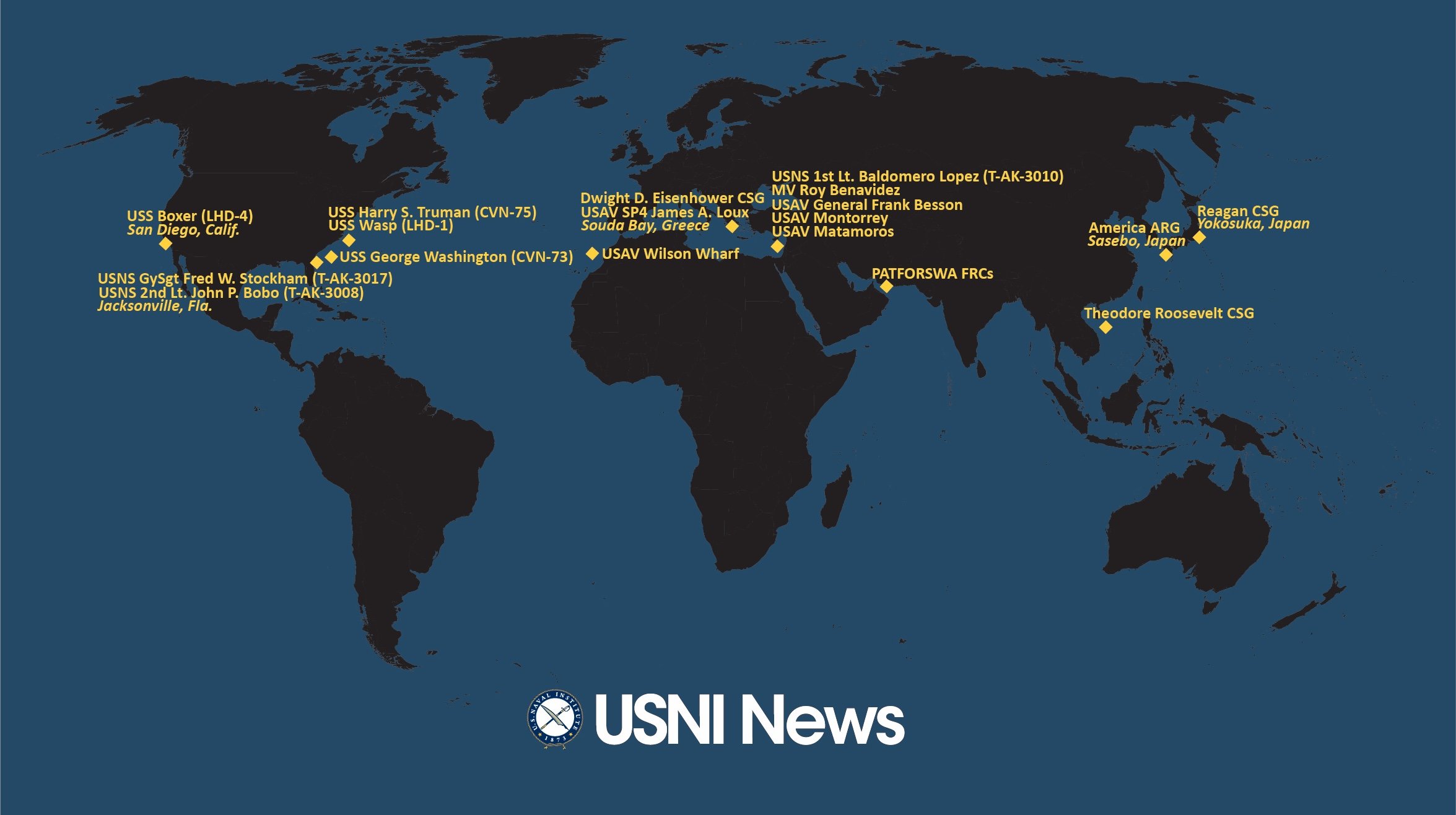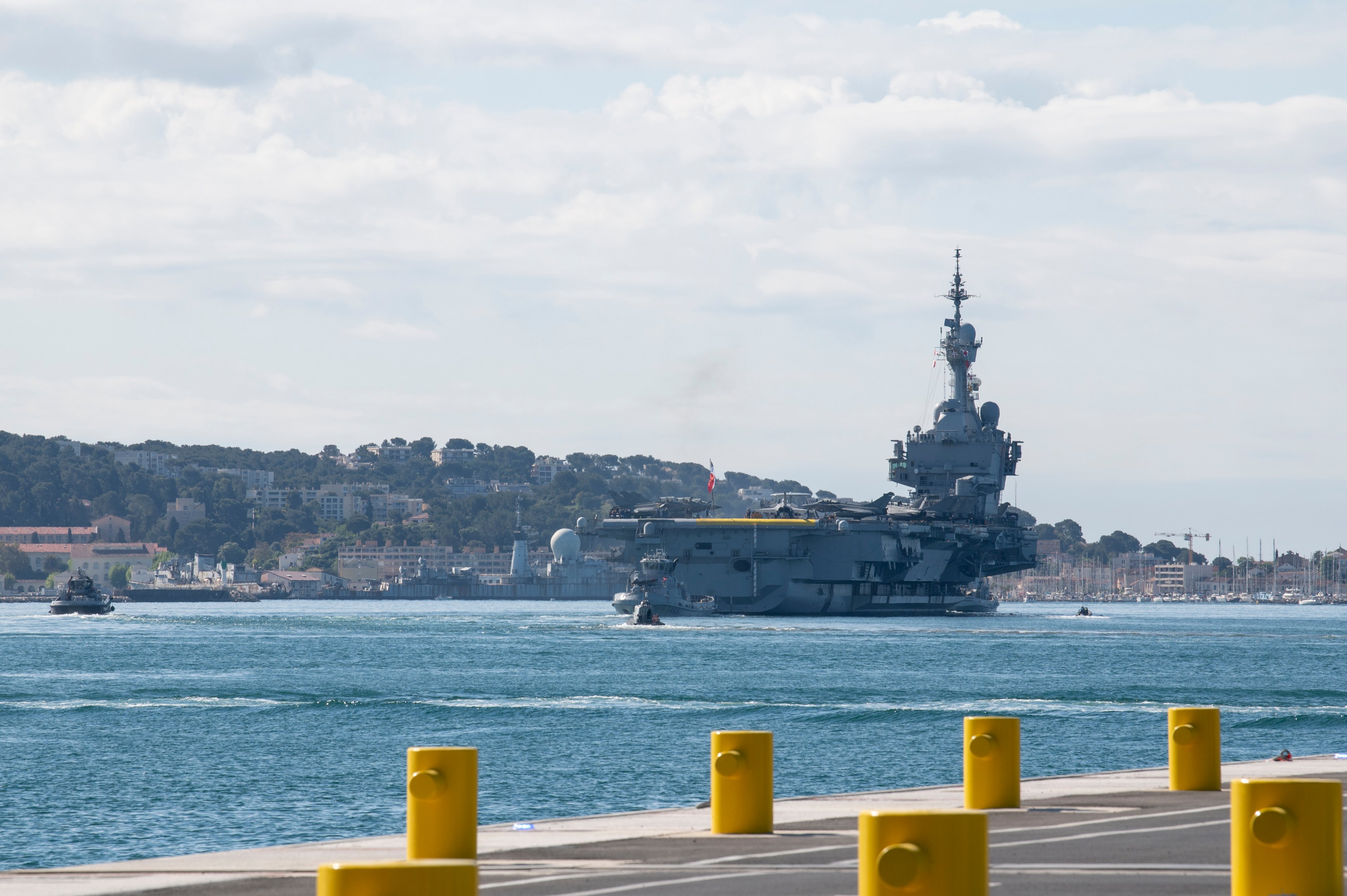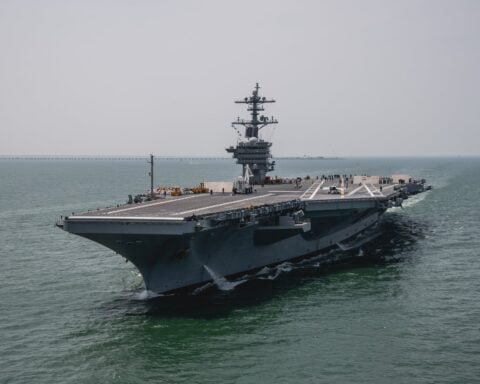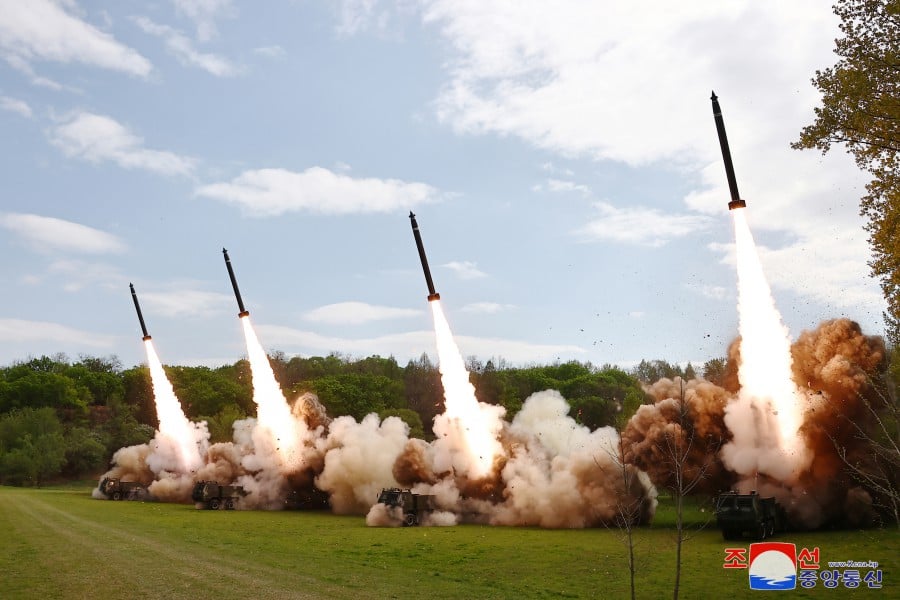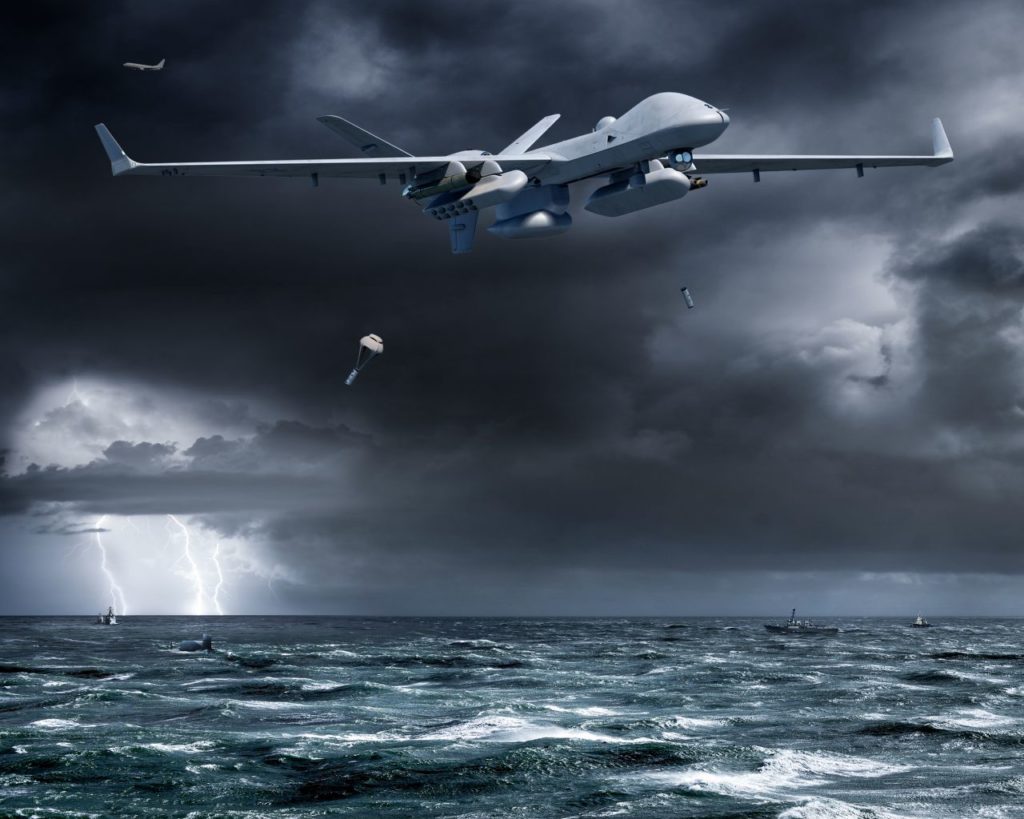
The State Department has given approval to a new arms sale package to Taiwan that includes four unmanned maritime patrol aircraft based on the MQ-9 Reaper platform, according to a Tuesday announcement from Defense Security Cooperation Agency.
The potential sale of the “weapons-ready” General Atomic SeaGuardian MQ-9Bs will include maritime radars, data links, ground stations, engines and spares to sustain the aircraft, according to the announcement.
“This proposed sale will improve the recipient’s capability to meet current and future threats by providing timely Intelligence, Surveillance, and Reconnaissance (ISR), target acquisition, and counter-land, counter-sea and anti-submarine strike capabilities for its security and defense,” reads the statement.
“The capability is a deterrent to regional threats and will strengthen the recipient’s self-defense.”
Maintaining persistent maritime domain awareness has been an enduring challenge for Taiwan. It’s unclear how Taipei will employ the new aircraft, but four aircraft is typically the requirement to maintain a constant unmanned aerial vehicle orbit. Given that Taiwan’s greatest existential threat is widely considered an amphibious invasion from mainland China, keeping a constant orbit over the Taiwan Strait would be a likely mission for the new aircraft.
Congress will ultimately have to approve the sale of the aircraft to Taiwan.
The sale of the SeaGuardians would “constitute blatant interference in China’s internal affairs, seriously undermine China’s sovereignty and security interests, send out wrong signals to ‘Taiwan independence”’ separatist forces, and gravely undercut China-U.S. relations as well as peace and stability across the Taiwan Strait, Chinese Foreign Ministry spokesman Wang Wenbin told reporters on Wednesday when asked about the State Department notification, adding that China firmly opposes the sale.
The Sea Guardian is currently in testing with the Japan Coast Guard for six weeks to validate the platform with surface and subsurface surveillance, disaster response, search and rescue, and maritime law enforcement, General Atomics spokesman C. Mark Brinkley told USNI News on Wednesday.
In addition to Taiwan, the U.K. has ordered 16 of the aircraft, Belgium has ordered four and Australia is acquiring the platform for the Royal Australian Air Force.
The announcement is the latest in a new round of arms sales to Taiwan.
Last week, the State Department authorized a sale of $2.37-billion worth of Harpoon anti-ship missiles configured for coastal defense.
In reaction to the new round of arm sales, China has issued sanctions against U.S. defense firms.
“To safeguard our national interests, China decided to take necessary measures and levy sanctions on U.S. companies such as Lockheed Martin, Boeing Defence, and Raytheon, and those individuals and companies who behaved badly in the process of the arms sales,” a spokesperson for China’s foreign ministry said, according to a Reuters report.


